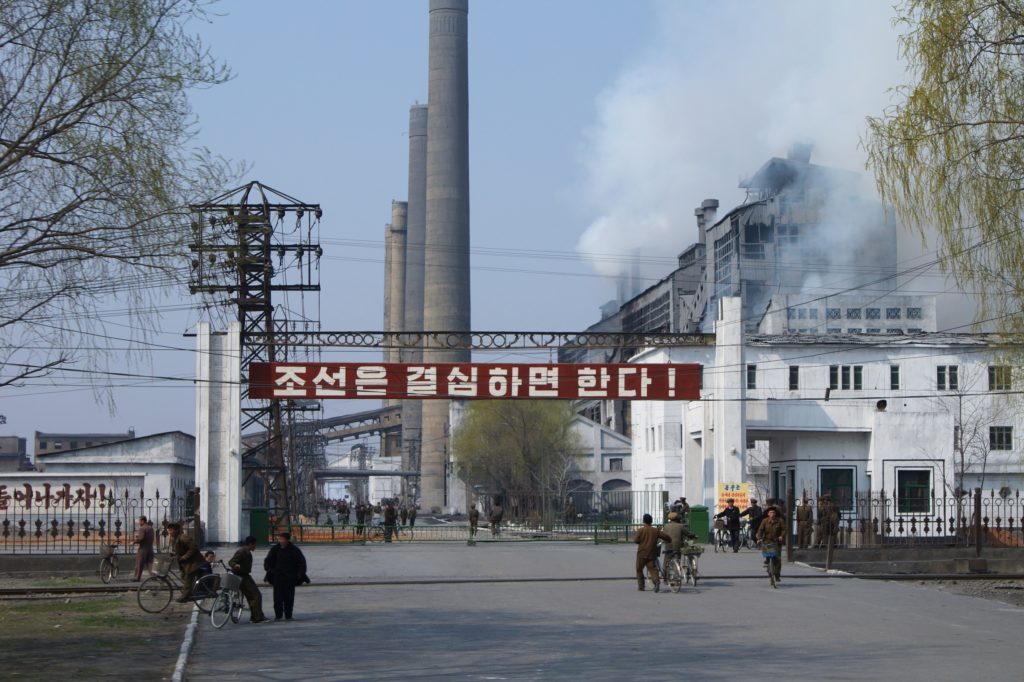The Peninsula
Economic Leverage Hits A Dead End in North Korea

What Happened
- On February 9, South Korea’s Ministry of Unification discussed potentially reopening the inter-Korean Kaesong Industrial Complex.
- Moon Jae-in and Kim Jong Un agreed to reopen the complex in 2018.
- However, North Korea has not shown any willingness to cooperate on inter-Korean issues at the moment, including the Kaesong Industrial Complex.
Implications: Despite South Korea’s offer of economic assistance, Pyongyang appears unwilling to exchange this aid for diplomatic engagement with Seoul. The closure of the Sino-DPRK border following the outbreak of the COVID-19 pandemic has left the North Korean economy under severe strain. Nonetheless, North Korean authorities are taking active measures that would complicate any future economic reengagement with South Korea, including the removal of machinery and labor from the Kaesong Industrial Complex. Pyongyang’s unwillingness to cooperate with South Korea despite Seoul’s clear offer of pandemic assistance is further highlighted by North Korea’s preference for European COVID-19 vaccines over those from South Korea.
Context: The Kaesong Industrial Complex was established in 2004 under South Korea’s Kim Dae-jung administration. Its goal was to improve inter-Korean relations through economic cooperation. There was also hope that the complex would encourage greater person-to-person connections between North and South Korean workers while pushing the regime to engage in economic reforms. However, events such as the sinking of the Cheonan and the shelling of Yeonpyeong-do in 2010 showed that the ongoing economic cooperation did not deter Pyongyang’s hostilities. Additional missile tests in 2016 encouraged the Park Geun-hye administration to withdraw South Korean firms from the complex.
This briefing comes from Korea View, a weekly newsletter published by the Korea Economic Institute. Korea View aims to cover developments that reveal trends on the Korean Peninsula but receive little attention in the United States. If you would like to sign up, please find the online form here.
Korea View was edited by Yong Kwon with the help of Melissa Cho and Alexandra Langford. Picture from Wikimedia commons user Joseph Ferris III.
